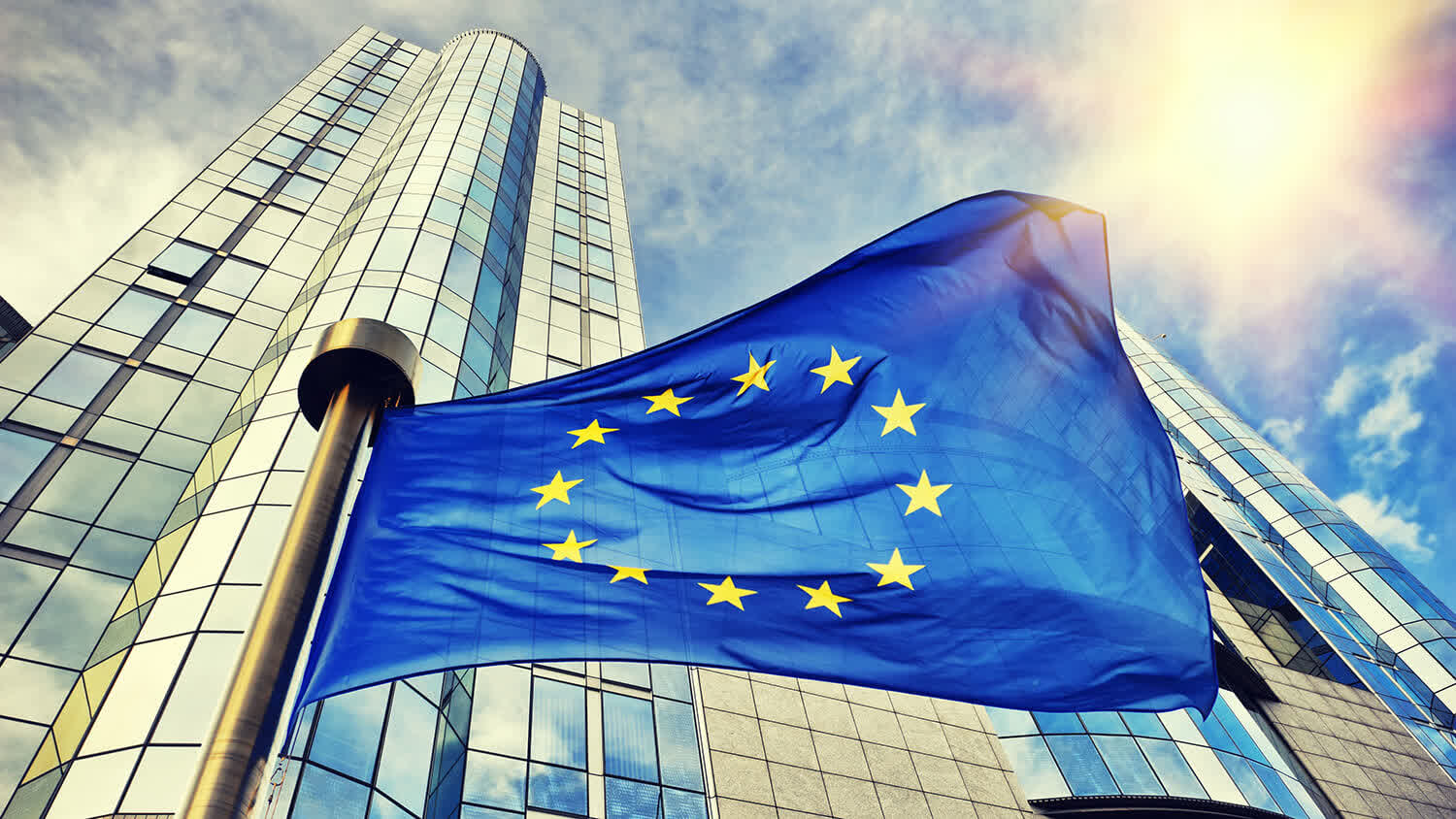The big picture: The European Commission has made it very clear that it wants to lay down new rules for tech companies on data governance, artificial intelligence, liability for data breaches, and a level playing field for competing services. Echoing the concerns of regulators across the ocean, Brussels plans to craft stricter regulation that targets companies that may have become "too big to care" about antitrust issues. Failing that, they may be required to spin off parts of their business.
According to a report from the Financial Times, European regulators are compiling a "hit list" of up to 20 tech companies that will face tougher regulation intended to dilute some of their market power.
While it would be difficult to guess all the companies on the list, it's safe to assume that in will include American tech giants like Facebook, Apple, Amazon, and Google. Criteria for making the list include market share, number of users, and whether rivals depend on a certain company's tightly-locked platform to provide alternatives to its services.
The European Commission is looking to force these companies to be a lot more transparent about how and why they gather user data, as well as share that data with rivals and implement an easy way for users to migrate their data to a different service.
This would remove the need for lengthy antitrust investigations where the Commission needs to provide ample proof that a certain company has broken any laws through its business practices. And, as European regulators learned from past antitrust action involving companies like Qualcomm, large fines do little to their bottom line while smaller competitors like Icera are driven out of the market, as they can't survive as long as the giants can.

The efforts come as the European Union has been crafting a new digital market policy directed at tech giants while it plays catch up in silicon, AI and 5G developments. Regulators in the US are also setting the stage for similar legislative changes that could result in breaking up large tech companies or at the very least revamping their organizational structure.
In related news, the European Commission is preparing a draft of proposals on new rules for social platforms operating in the EU, which would hold them liable for user-generated content.
